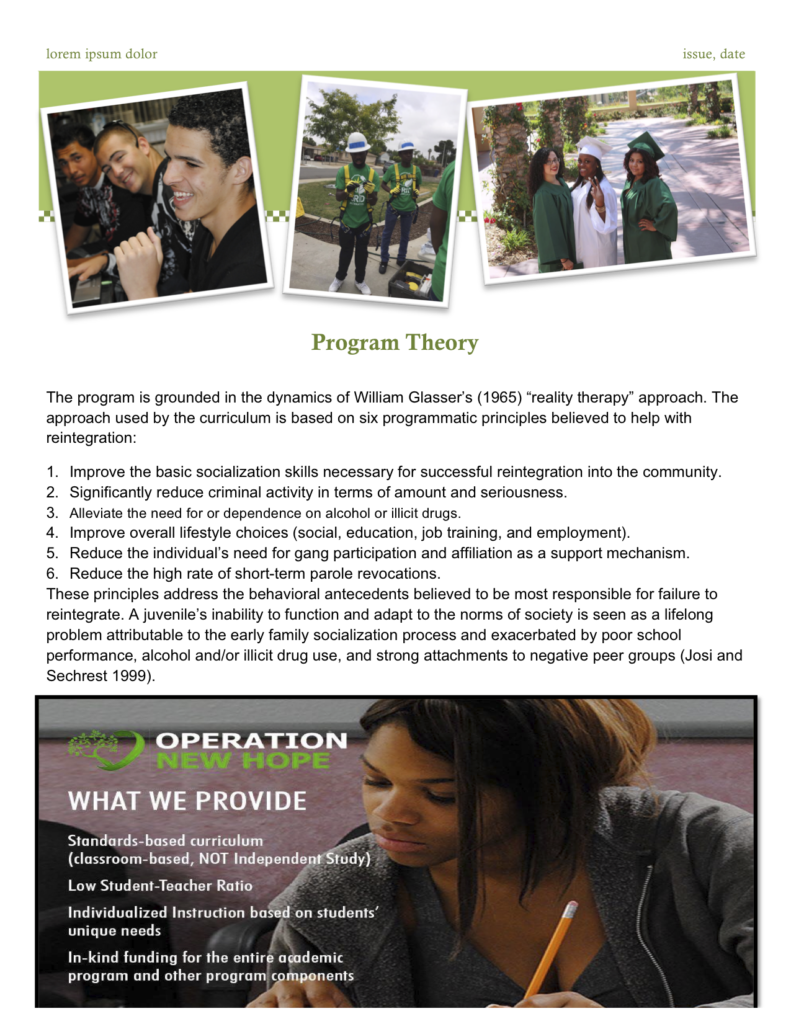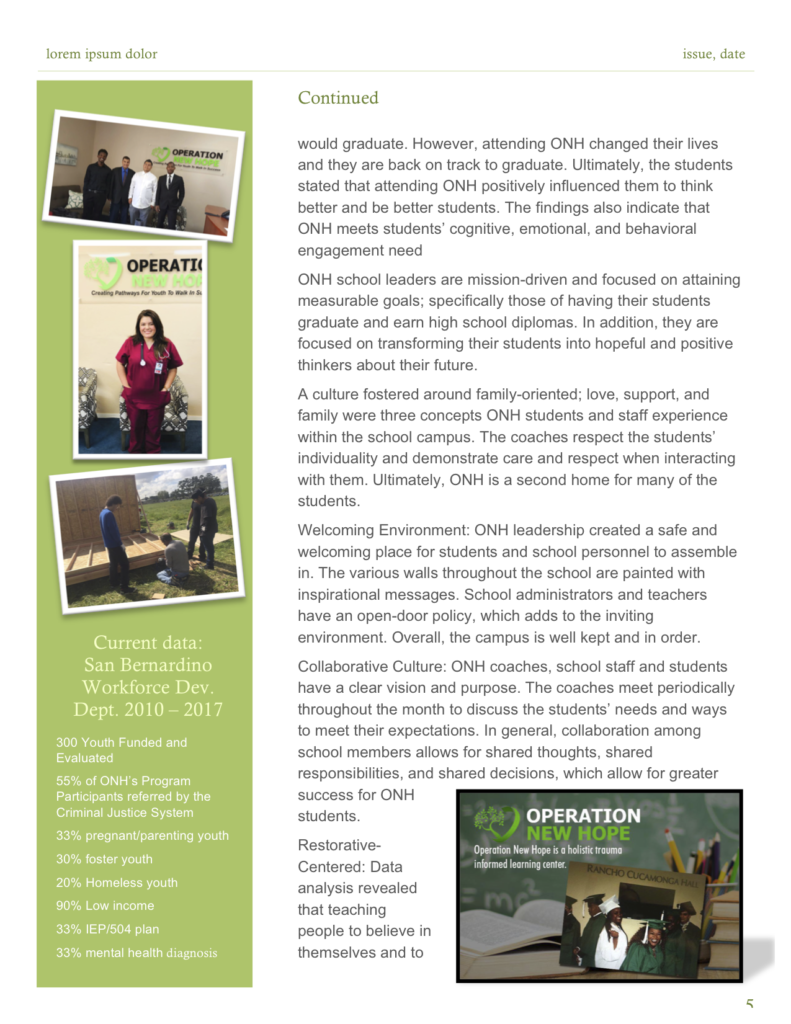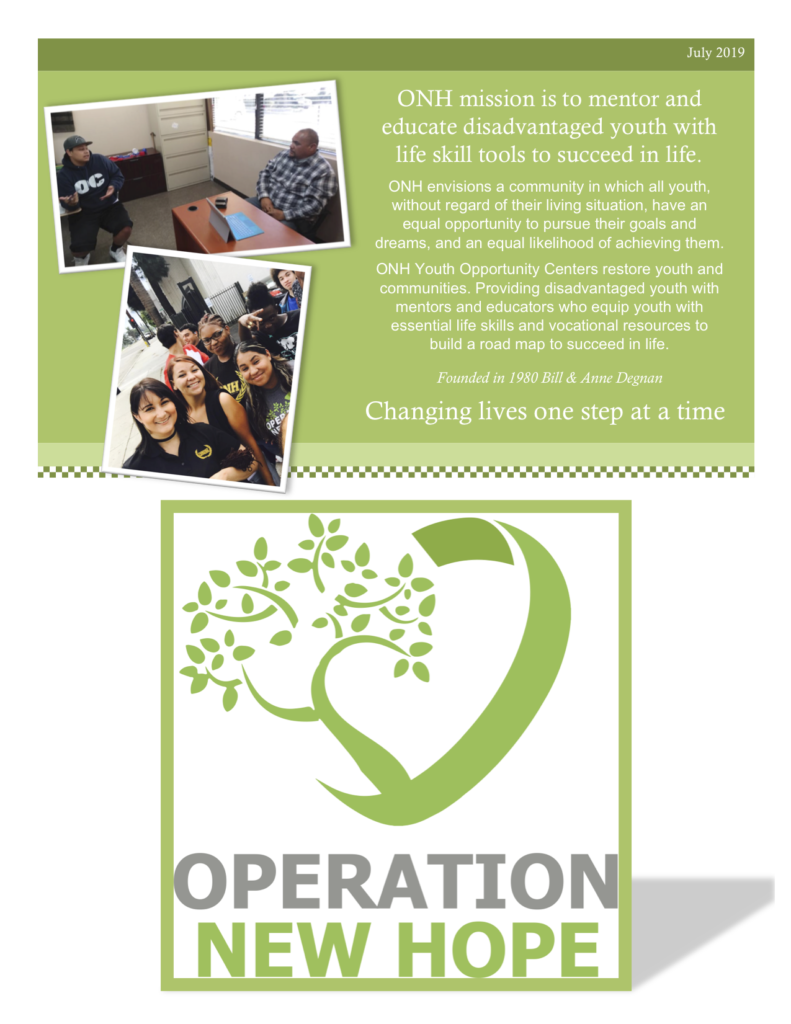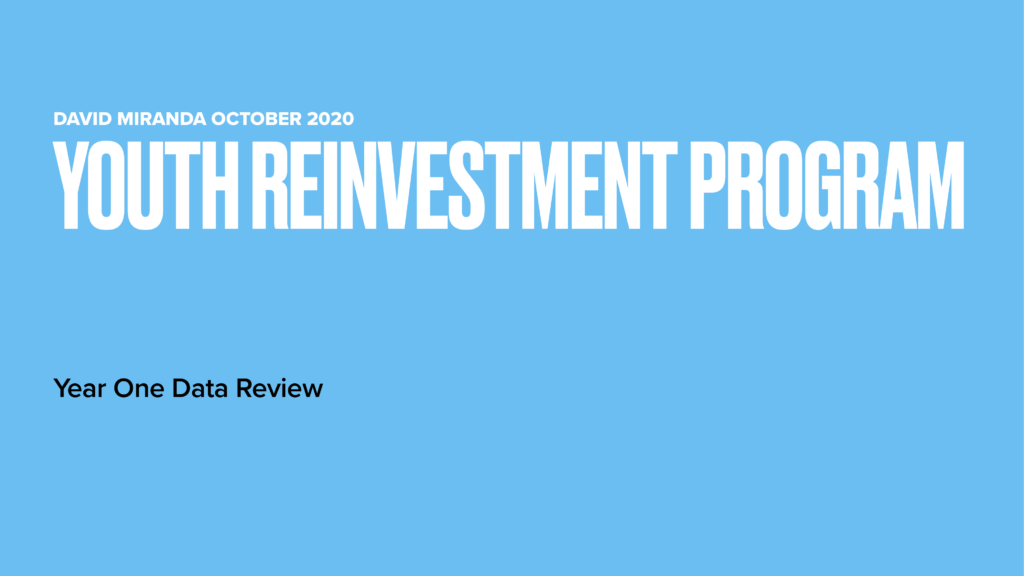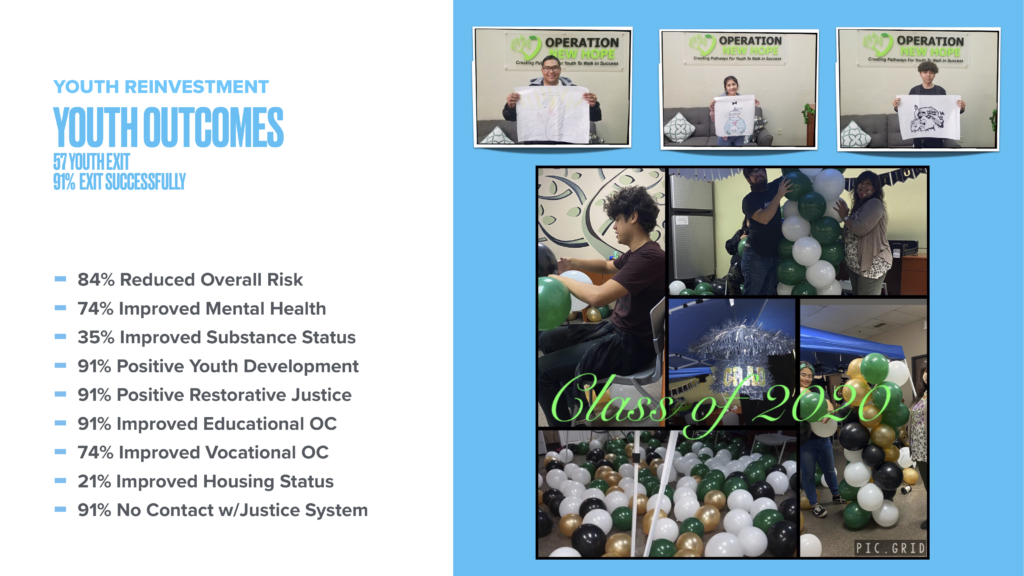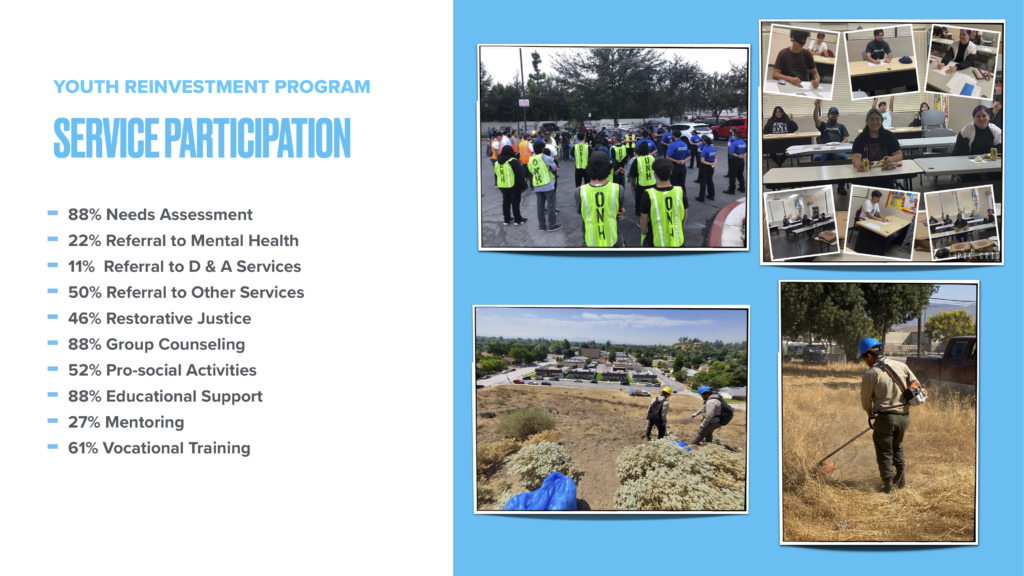San Bernardino County has been awarded more than $1.1 million to acquire 8 short-term vacation rentals that will become permanent homes for families and individuals experiencing homelessness, with priority given to elderly individuals with disabilities who are at risk of health complications from COVID-19.
SAN JOSE – Governor Gavin Newsom today announced a major injection of new funding made possible by the Legislature to expand and support the state’s Homekey program, helping thousands of families experiencing or at risk of homelessness find permanent, long-term housing solutions. The nation-leading program, which enables the state to purchase and rehabilitate housing – including hotels, motels and vacant apartment buildings – and convert them to homeless housing has secured an additional $200 million thanks to the Joint Legislative Budget Committee’s approval of a request made by the Governor to use additional Coronavirus Relief Funding for Homekey. This brings the total funding available for Homekey to more than $800 million, continuing the state’s collective efforts to reduce the pandemic’s impact on the most vulnerable Californians.
The additional funding announced today will enable the state to clear most of the Homekey waitlist with two more award tranches to local jurisdictions, including the sixth round released today – $81.4 million to 5 applicants for 6 projects totaling 430 units. To date, more than $709 million has been awarded to 45 applicants and 78 projects totaling 5,068 units. The average per-unit cost to Homekey is $139,000 – well below the average cost in California to build new housing units.
The Governor made the announcement during a visit to an Emergency Interim Housing Community in San Jose, where he was joined by Mayor Sam Liccardo, Assemblymember Ash Kalra and local officials. The site is one of three locations in San Jose providing 307 new emergency homeless housing bedrooms, each featuring a bathroom and shower, funded by the state’s Homeless Housing, Assistance and Prevention Grant Program and San Jose’s federal CARES Act allocation.
“I thank the Legislature for its partnership in continuing this critical support to help local jurisdictions get thousands of vulnerable Californians off the streets and safely into shelter,” said Governor Newsom. “Local leaders in San Jose and across the state are demonstrating what’s possible when we work hand in hand with our city and county partners to realize immediate impact solutions to tackle this crisis.”
“We continue striving to deploy creative solutions as COVID-19 exacerbates the housing crisis and puts thousands on the street, and with the financial help we receive from Homekey, we are expanding our efforts to provide permanent housing to our homeless neighbors. I am grateful to Governor Newsom for his staunch support in our fight to end homelessness,” said Mayor Liccardo.
The sixth round of awards includes projects in the following communities:
Los Angeles County has been awarded more than $24.1 million to create 135 units of interim housing with the goal of permanently housing people experiencing homelessness or at risk of homelessness. Residents will receive supportive services.
The City of Oakland has been awarded nearly $17.5 million for two projects. One will convert a recently rehabilitated hotel into 82 units for some of Alameda County’s most vulnerable residents, the other will provide 21 units of permanent housing with supportive services, with priority given to veterans with Veterans Affairs Housing Vouchers.
San Francisco has been awarded more than $29.1 million dollars to convert a 130-room property into permanent housing with supportive services. Residents will immediately begin receiving supportive services to create more stability in their lives.
Santa Clara County has been awarded more than $9.5 million to acquire a 54-unit property that will serve as permanent housing and interim housing, both with supportive services for people who previously experienced homelessness. The property will eventually be developed into 110 units of new permanent supportive housing.
San Bernardino County has been awarded more than $1.1 million to acquire 8 short-term vacation rentals that will become permanent homes for families and individuals experiencing homelessness, with priority given to elderly individuals with disabilities who are at risk of health complications from COVID-19.
The five previous awards can be found here:
October 16, 2020
October 9, 2020
September 28, 2020
September 21, 2020
September 16, 2020
Building on the success of Project Roomkey, Governor Newsom in July announced the availability of $600 million in funding for Homekey, the next phase in the state’s response protecting Californians experiencing or at risk of homelessness, following approval by the Legislature as part of the 2020-21 annual state budget. Of that, $550 million was provided to cities and counties by California’s direct allocation of the federal Coronavirus Aid Relief Funds, with an additional $50 million provided by the state to supplement the acquisition and provide initial operating funds. The Homekey funds are being expended in compliance with federal regulations in response to COVID-19. The Governor has also announced a partnership with Enterprise Community Partners, a nonprofit dedicated to developing affordable housing, to distribute $45 million in funding – $20 million from Blue Shield of California and $25 million from Kaiser Permanente – to support operating subsidies for Homekey projects.
HCD began accepting applications for Homekey on July 22, 2020. The response from local governments and housing providers has been significant – demonstrating the strength of these state-local partnerships. By the application deadline of September 29, a total of 147 applications had been received from 73 entities statewide, with over $1 billion requested.

